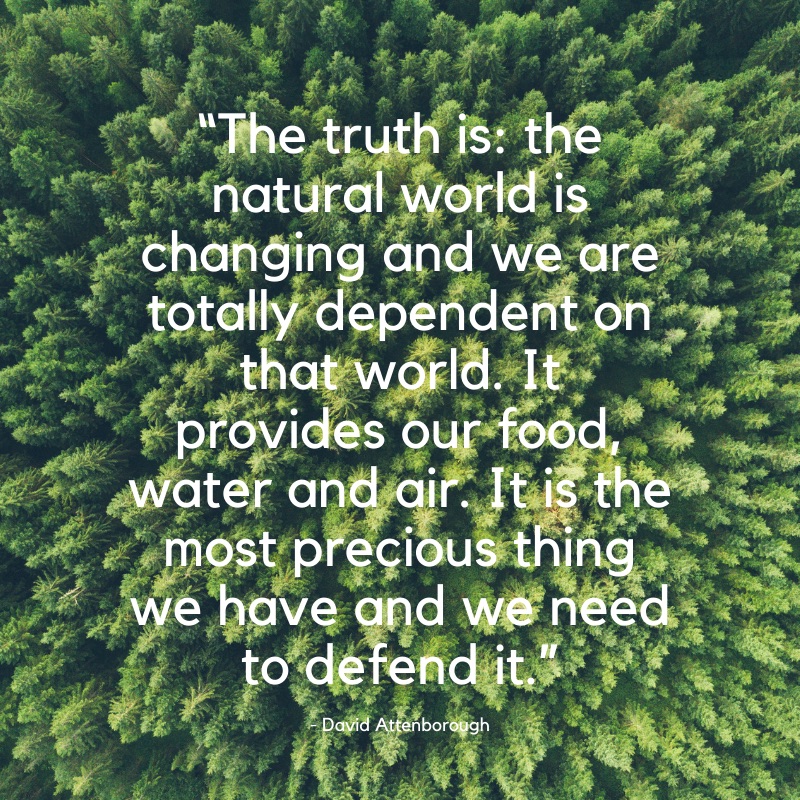Swimming is more than feats of aquatic endurance. Its history, in Splash!, offers a multi-tiered tour through religion, fashion, architecture, sanitation, colonialism, segregation, sexism, sexiness, guts and glory.
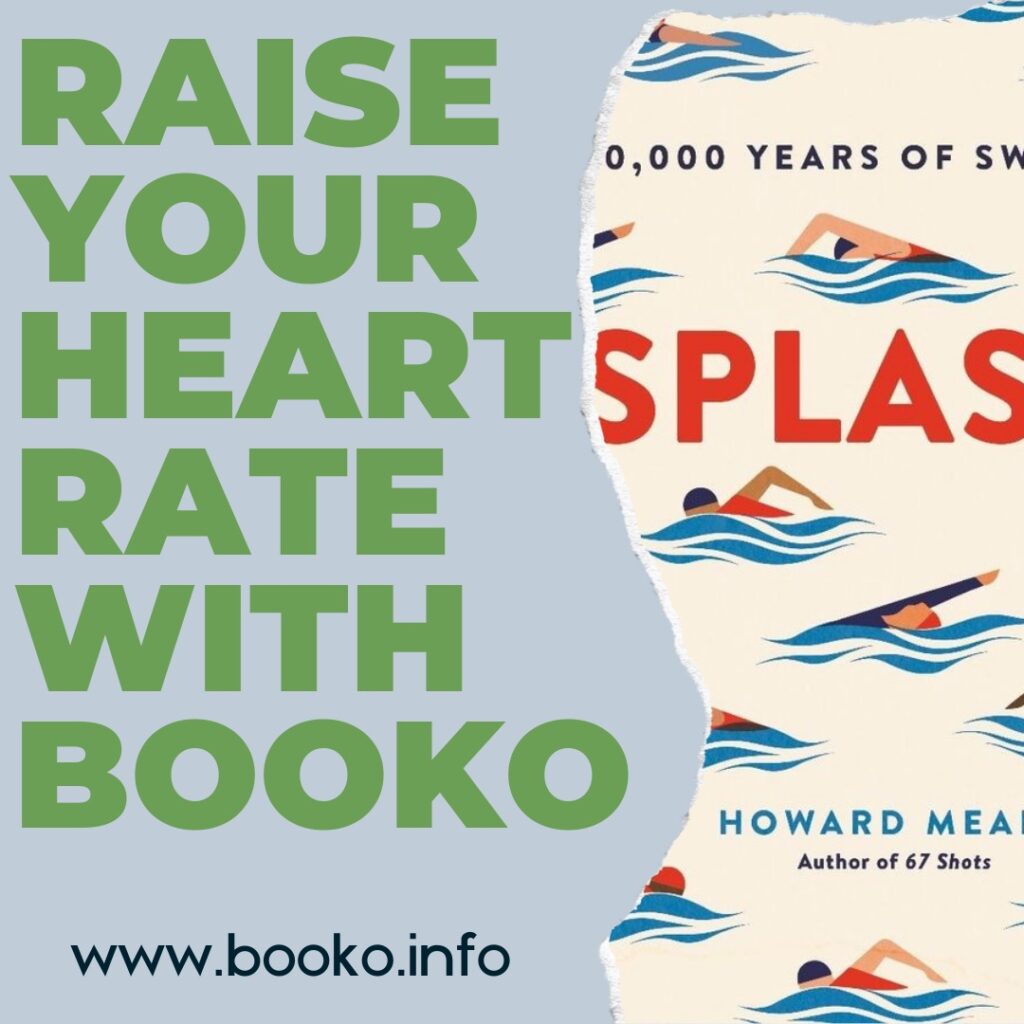
Swimming is more than feats of aquatic endurance. Its history, in Splash!, offers a multi-tiered tour through religion, fashion, architecture, sanitation, colonialism, segregation, sexism, sexiness, guts and glory.

How and why we think like we do has been the subject of studies for years and historically left to the world of scholars. These days we are more interested in how our thoughts are shaped, how we can control our thinking and understand where our ideas come from.
We have scoured the literary world and found six fascinating titles that aim to unpack our thinking and challenge us to let go of old ideas and embrace a more open approach to how we play our part in society.
Making Sense by Sam Harris
Sam Harris, neuroscientist, philosopher, podcaster and bestselling author, has been exploring some of the greatest questions concerning the human mind, society, and the events that shape our world. His search for deeper understanding of how we think has led him to engage and exchange with some of our most brilliant and controversial contemporary minds in order to unpack and understand ideas of consciousness, free will, extremism, and ethical living. For Harris, honest conversation, no matter how difficult or contentious, represents the only path to moral and intellectual progress. Featuring twelve conversations from the hit podcast, these electric exchanges fuse wisdom with rigorous interrogation to shine a light on what it means to make sense of our world today.
Human Kind by Rutger Bregman
It’s a belief that unites the left and right, psychologists and philosophers, writers and historians. It drives the headlines that surround us and the laws that touch our lives. From Machiavelli to Hobbes, Freud to Dawkins, the roots of this belief have sunk deep into Western thought. Human beings, we’re taught, are by nature selfish and governed by self-interest. Humankind makes a new argument that it is realistic, as well as revolutionary, to assume that people are good. By thinking the worst of others, we bring out the worst in our politics and economics too. In this major book, internationally bestselling author Rutger Bregman takes some of the world’s most famous studies and events and reframes them, providing a new perspective on the last 200,000 years of human history. From the real-life Lord of the Flies to the Blitz, a Siberian fox farm to an infamous New York murder, Stanley Milgram’s Yale shock machine to the Stanford prison experiment, Bregman shows how believing in human kindness and altruism can be a new way to think and act as the foundation for achieving true change in our society. It is time for a new view of human nature.
Phosphorescence by Julia Baird
Over the last decade, we have become better at knowing what brings us contentment, well-being, and joy. We know, for example, that there are a few core truths to science of happiness. We know that being kind and altruistic makes us happy, that turning off devices, talking to people, forging relationships, living with meaning, and delving into the concerns of others offer our best chance at achieving happiness. But how do we retain happiness? It often slips out of our hands as quickly as we find it. So, when we are exposed to, or learn, good things, how do we continue to burn with them? And more than that, when our world goes dark, when we’re overwhelmed by illness or heartbreak, loss or pain, how do we survive, stay alive or even bloom? In the muck and grit of a daily existence full of disappointments and a disturbing lack of control over many of the things that matter most; finite relationships, fragile health, fraying economies, a planet in peril, how do we find, nurture, and carry our own inner, living light a light to ward off the darkness?
How To Argue With A Racist by Adam Rutherford
Race is real because we perceive it. Racism is real because we enact it. But the appeal to science to strengthen racist ideologies is on the rise and increasingly part of the public discourse on politics, migration, education, sport and intelligence. Stereotypes and myths about race are expressed not just by overt racists, but also by well-intentioned people whose experience and cultural baggage steers them towards views that are not supported by the modern study of human genetics. Even some scientists are uncomfortable expressing opinions deriving from their research where it relates to race. Yet, if understood correctly, science and history can be powerful allies against racism, granting the clearest view of how people actually are, rather than how we judge them to be. This book is a vital manifesto for a twenty-first century understanding of human evolution and variation, and a timely weapon against the misuse of science to justify bigotry.
The Great Guide by Julian Baggini
Invaluable wisdom on living a good life from one of the Enlightenment’s greatest philosophers David Hume (1711–1776) is perhaps best known for his ideas about cause and effect and his criticisms of religion, but he is rarely thought of as a philosopher with practical wisdom to offer. Yet Hume’s philosophy is grounded in an honest assessment of nature—human nature in particular. The Great Guide is an engaging and eye-opening account of how Hume’s thought should serve as the basis for a complete approach to life. In this enthralling book, Julian Baggini masterfully interweaves biography with intellectual history and philosophy to give us a complete vision of Hume’s guide to life. He follows Hume on his life’s journey, literally walking in the great philosopher’s footsteps as Baggini takes readers to the places that inspired Hume the most, from his family estate near the Scottish border to Paris, where, as an older man, he was warmly embraced by French society. Baggini shows how Hume put his philosophy into practice in a life that blended reason and passion, study and leisure, and relaxation and enjoyment. The Great Guide includes 145 Humean maxims for living well, on topics ranging from the meaning of success and the value of travel to friendship, facing death, identity, and the importance of leisure. This book shows how life is far richer with Hume as your guide.
Letters From A Stoic by Donald Robertson
Lucius Annaeus Seneca is one of the most famous Roman philosophers. Instrumental in guiding the Roman Empire under emperor Nero, Seneca influenced him from a young age with his Stoic principles. Later in life, he wrote Epistulae Morales ad Lucilium, or Letters from a Stoic, detailing these principles in full. Seneca’s letters read like a diary, or a handbook of philosophical meditations. Often beginning with observations on daily life, the letters focus on many traditional themes of Stoic philosophy, such as the contempt of death, the value of friendship and virtue as the supreme good. Using Gummere’s translation from the early twentieth century, this selection of Seneca’s letters shows his belief in the austere, ethical ideals of Stoicism, teachings we can still learn from today.
Enjoy!
Sprinting Through No Man’s Land is an inspiring, heart-pumping true story of soldiers turned cyclists and the historic 1919 Tour de France that helped to restore a war-torn country and its people.
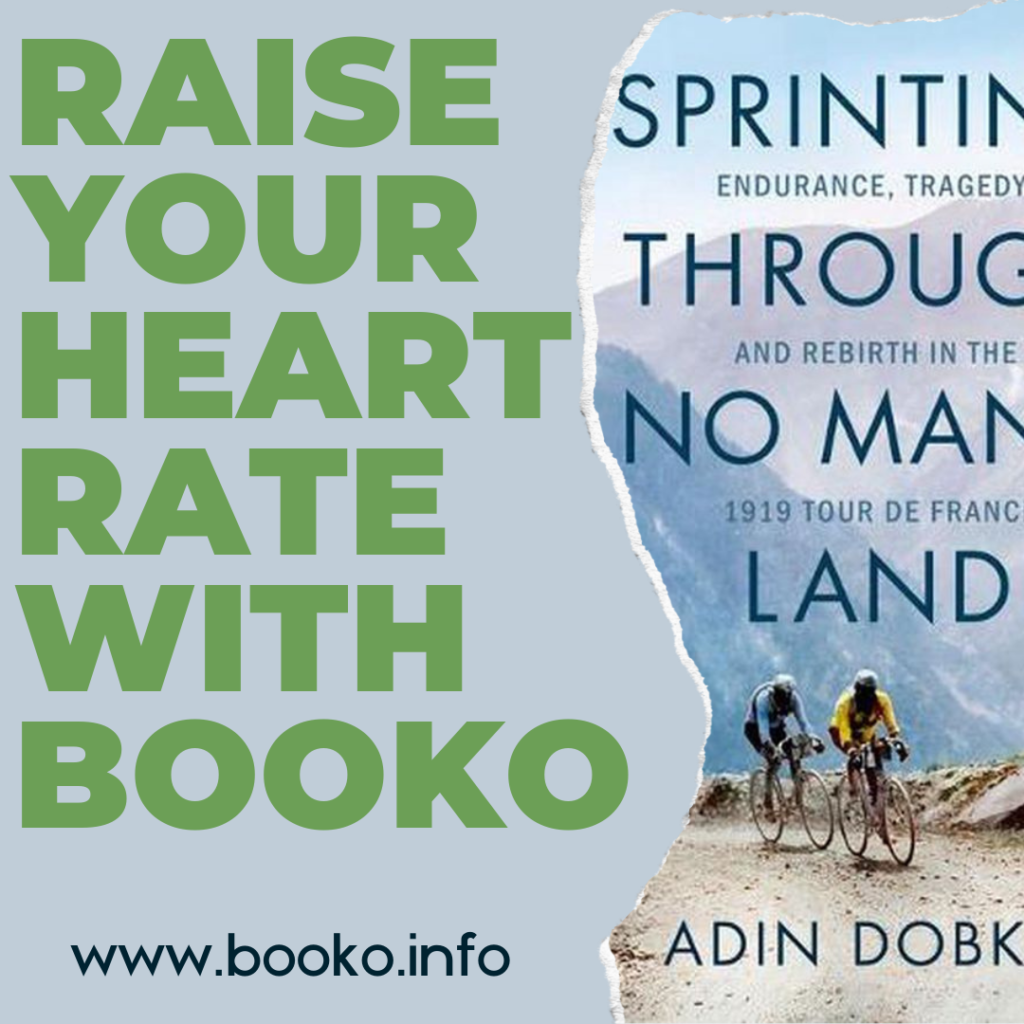
With his stunning cookbook, Sumac, Anas Atassi hopes to build a bridge between Syrian culture and the rest of the world using food as a common denominator.
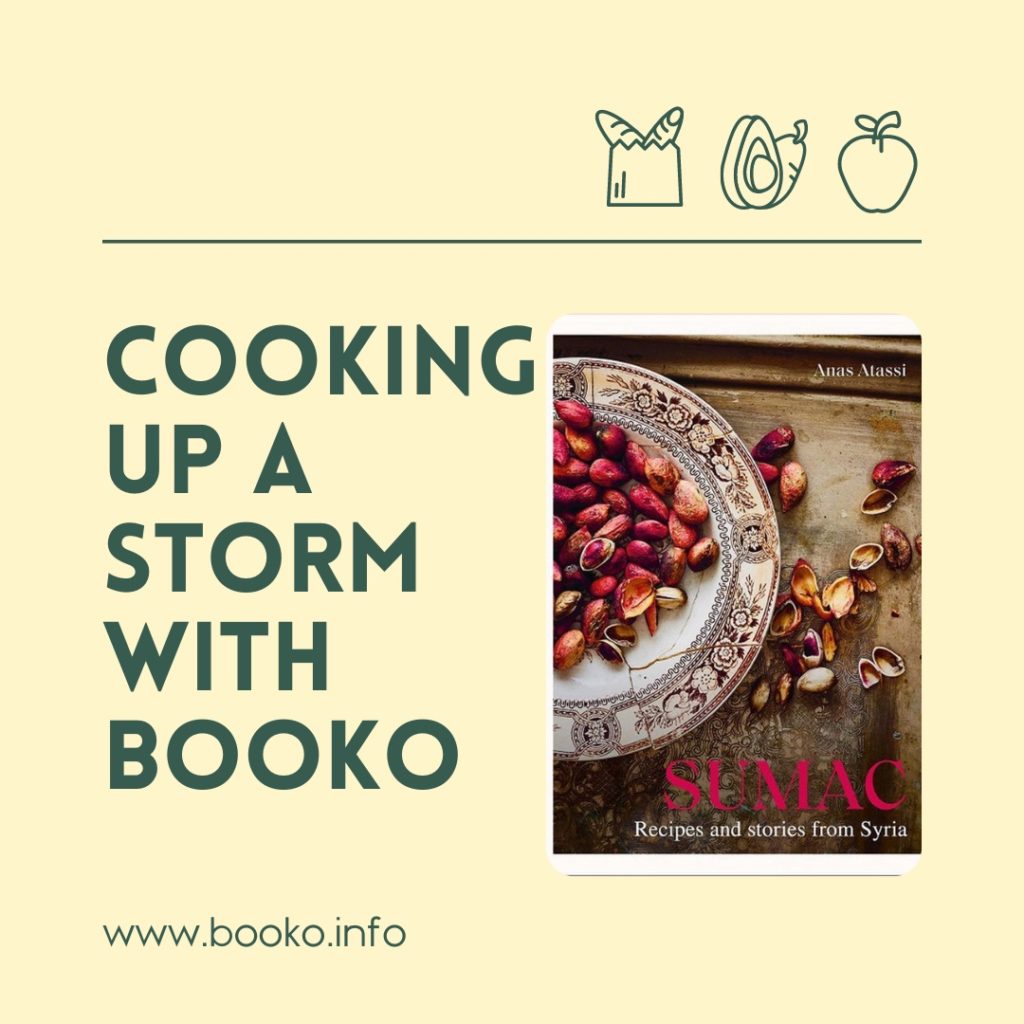
My Tidda, My Sister is a celebration of the Indigenous female. Some stories are heart-warming, others shine a light on the terrible realities for many Australian Indigenous women.

“Little one, when we say Black Lives Matter, we’re saying black people are wonderful-strong. That we deserve to be treated with basic respect, and that history’s done us wrong”
When We Say Black Lives Matter is a gorgeous and essential picture book for children of all ages from bestselling and award-winning author Maxine Beneba Clarke.
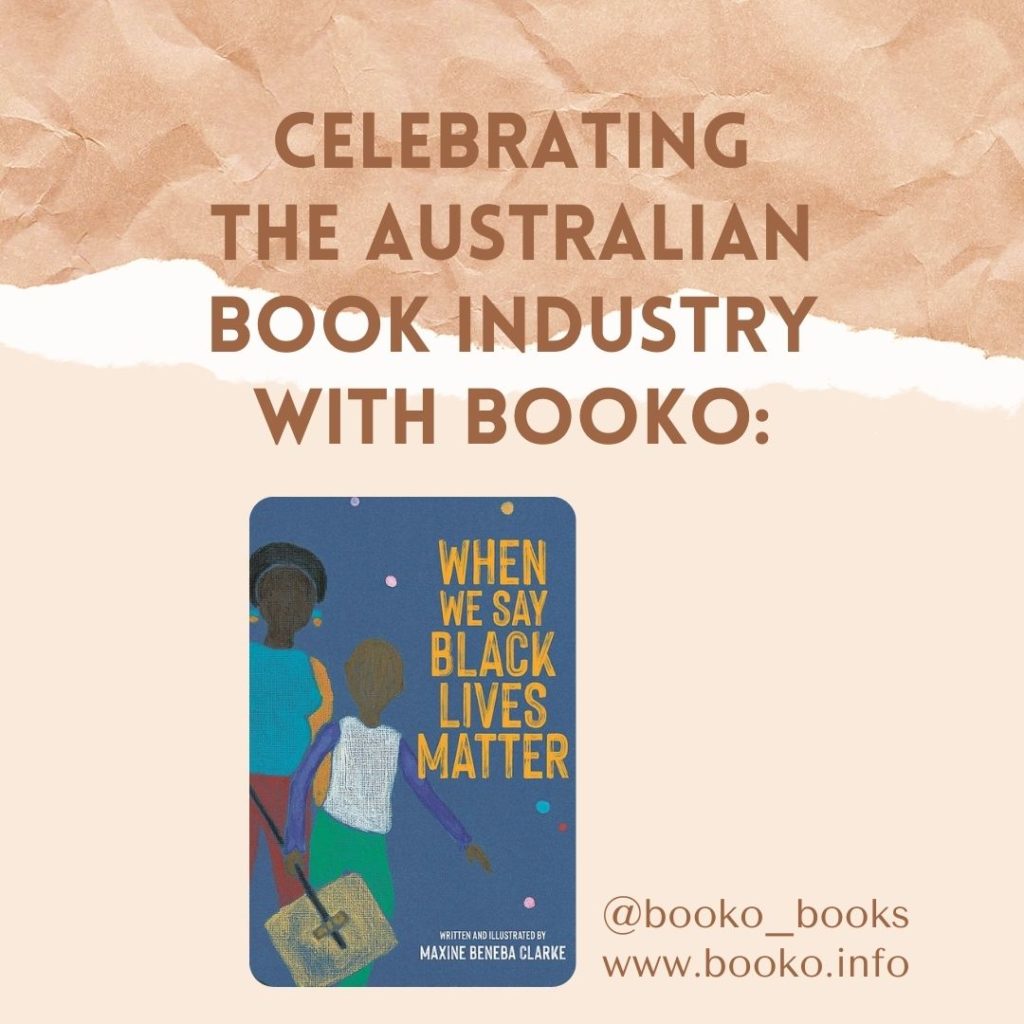
Truganini‘s story is inspiring and haunting. She has become an international icon for a monumental tragedy of Tasmania.
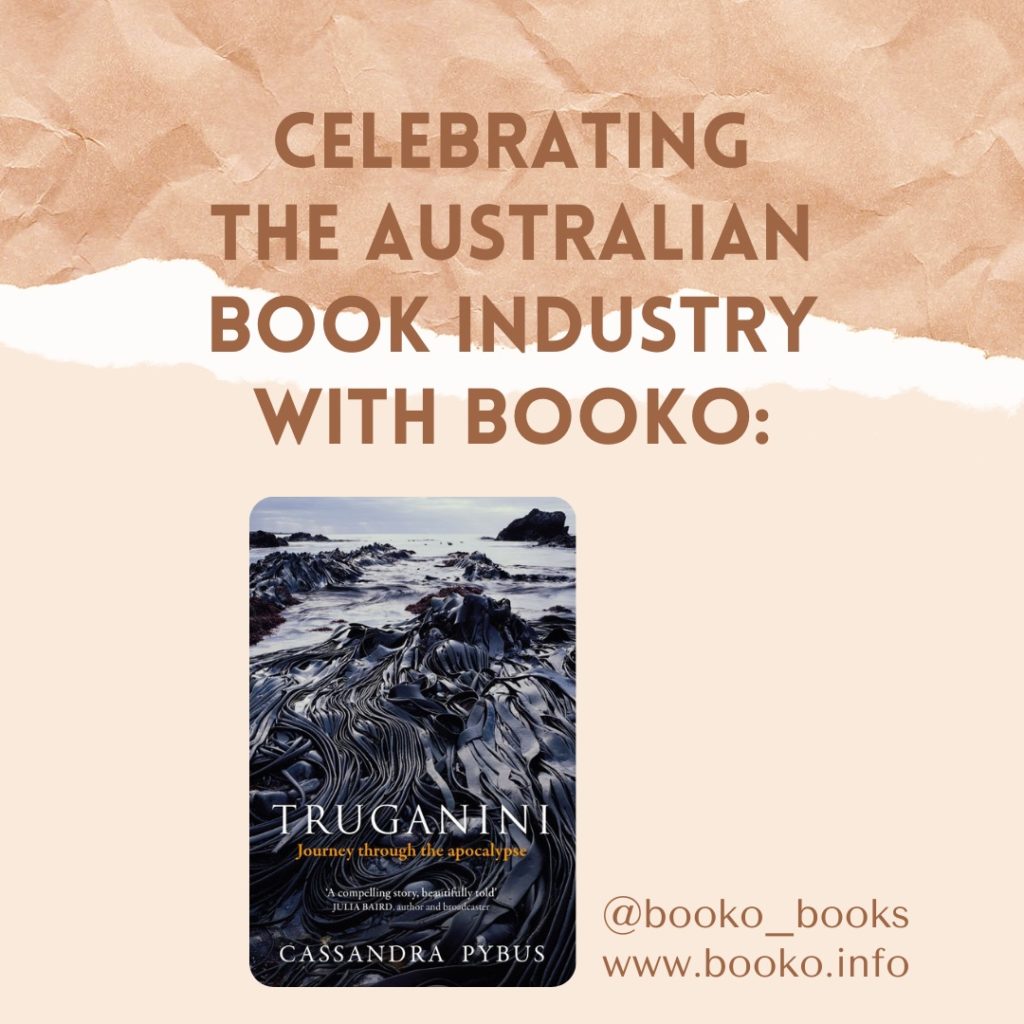
A Room Made of Leaves is the internationally acclaimed author Kate Grenville’s first novel in almost a decade. It’s historical fiction turned inside out.
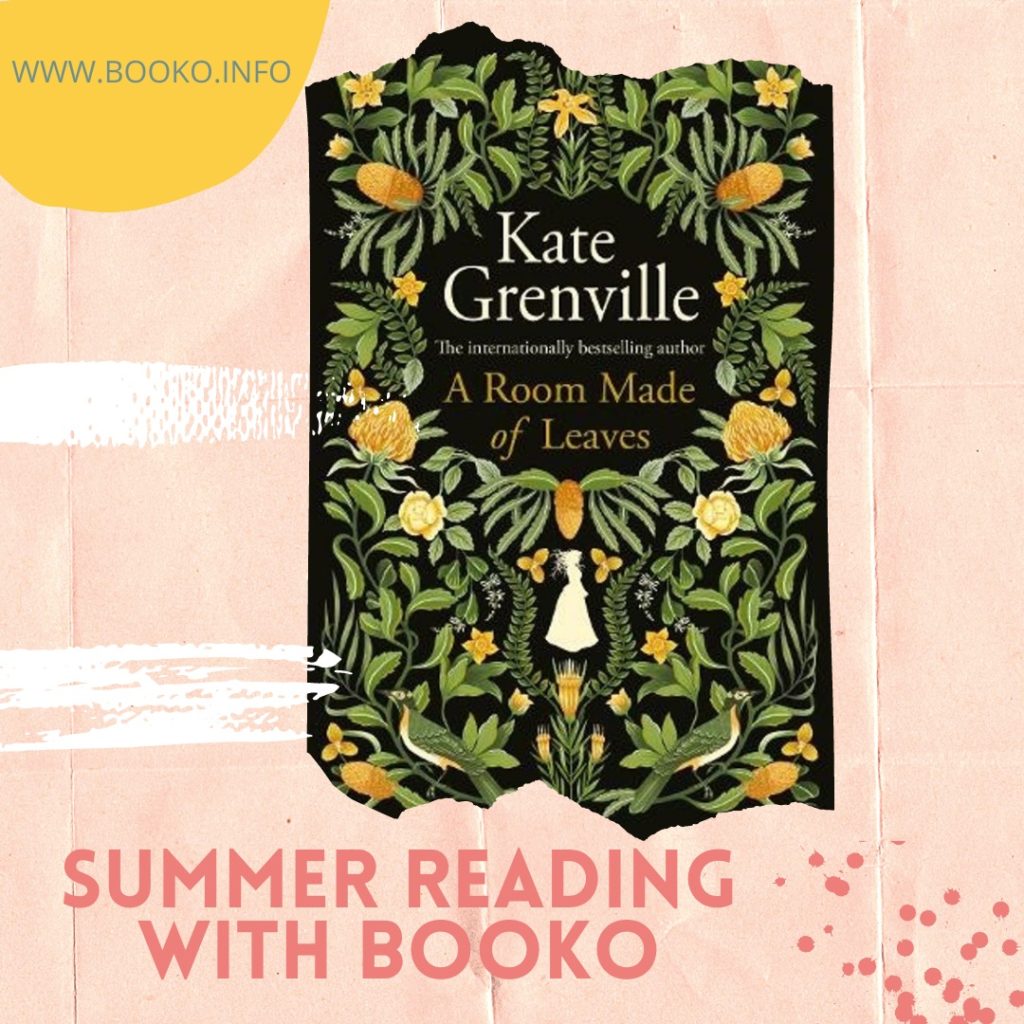
Sir David Attenborough has been observing this world closely for over 60 years and has a few words of advice and caution for us. In his latest special on Netflix he shares how steeply the planet’s biodiversity has diminished over his lifetime. His work throughout his career has uncovered amazing species that we would never ordinarily be aware of or see and so today we are sharing a small fraction of his amazing work.
Find a spot to sit with a cup of tea, and clear the diary for the afternoon as we’re sure these books will inspire you to explore our wonderful world more…
A Life on Our Planet; My Witness Statement and Vision for the Future by David Attenborough
Hands down this is one the best books of the year. See the world. Then make it better. David Attenborough is currently 93 years old and has had an extraordinary life. It’s now, on reflection of his life, that he can appreciate how extraordinary and fragile the world is. The tragedy of our time has been happening all around us, barely noticeable from day to day; the loss of our planet’s wild places, its biodiversity. Attenborough has been witness to this decline. A Life on Our Planet contains his witness statement, and his vision for the future, the story of how we came to make this, our greatest mistake, and how, if we act now, we can yet put it right. We have the opportunity to create the perfect home for ourselves and restore the wonderful world we inherited. All we need is the will to do so.
Adventures of a Young Naturalist; Sir David Attenborough’s Zoo Quest Expeditions by David Attenborough
In 1954, a young television presenter was offered the opportunity of a lifetime, to travel the world finding rare and elusive animals for London Zoo’s collection, and to film the expeditions for the BBC. His name was David Attenborough, and the programme, Zoo Quest, not only heralded the start of a remarkable career in broadcasting, but it changed the way we viewed the natural world forever. Written with his trademark wit and charm, Zoo Quest is not just the story of a remarkable adventure, but of the man who made us fall in love with the natural world, and who is still doing so today.
Journeys to the Other Side of the World; Further Adventures Of A Young Naturalist by David Attenborough
Following the success of the original Zoo Quest expeditions, in the late 1950s onwards the young David Attenborough embarked on further travels in a very different part of the world.
From Madagascar and New Guinea to the Pacific Islands and the Northern Territory of Australia, he and his cameraman companion were aiming to record not just the wildlife, but the way of life of some of the indigenous people of these regions, whose traditions had never been encountered by most of the British public before.
From the land divers of Pentecost Island and the sing-sings of New Guinea, to a Royal Kava ceremony on Tonga and the ancient art of the Northern Territory, it is a journey like no other. Alongside these remarkable cultures he encounters paradise birds, chameleons, sifakas and many more animals in some of the most unique environments on the planet. Journeys to the Other Side fo the World is an inimitable adventure among people, places and the wildest of wildlife.
Life in Cold Blood by David Attenborough
Life in Cold Blood offers a rare glimpse into the peculiar world of amphibians and reptiles, the first vertebrate creatures to venture forth from the primeval waters millions of years ago, yet which today include species that are the most at risk of extinction. Join acclaimed naturalist Sir David Attenborough as he travels to the far corners of the Earth to tell the epic story of these animals in this companion to the television series. Discover the secrets of their astounding success and the profound implications of their uncertain future. Amphibians and reptiles once ruled the planet, and their descendants exhibit some of the most colourful variety and astounding behaviour known to the animal kingdom. What are the origins of these creatures? How have they transformed themselves into the beautiful and bizarre forms found today? In this gorgeously illustrated book, Attenborough gets up close and personal with the living descendants of the first vertebrates ever to colonise the land, and through them traces the fascinating history of their pioneering ancestors. He explains the ways amphibians and reptiles have changed little from their prehistoric forebears while also demonstrating how they have adapted and evolved into diverse new forms, some of them beyond our wildest imaginings. And Attenborough raises awareness of the threats global warming and other man-made environmental changes pose to many of these creatures.
Life on Earth by David Attenborough
Originally published in 1979, this is a new, fully updated edition of David Attenborough’s groundbreaking Life on Earth. David Attenborough’s unforgettable meeting with gorillas became an iconic moment for millions of television viewers. Life on Earth, the series and accompanying book, fundamentally changed the way we view and interact with the natural world setting a new benchmark of quality, influencing a generation of nature lovers.
Told through an examination of animal and plant life, this is an astonishing celebration of the evolution of life on earth, with a cast of characters drawn from the whole range of organisms that have ever lived on this planet. Attenborough’s perceptive, dynamic approach to the evolution of millions of species of living organisms takes the reader on an unforgettable journey of discovery from the very first spark of life to the blue and green wonder we know today.
Now, to celebrate the 40th anniversary of the book’s first publication, David Attenborough has revisited Life on Earth, completely updating and adding to the original text, taking account of modern scientific discoveries from around the globe. He has chosen beautiful, completely new photography, helping to illustrate the book in a much greater way than was possible forty years ago.
This special anniversary edition provides a fitting tribute to an enduring wildlife classic, destined to enthral the generation who saw it when first published and bring it alive for a whole new generation.
Life on Air by David Attenborough
There are very few places on the globe that David Attenborough has not visited. In this volume of memoirs David tells stories of the people and animals he has met and the places that he has visited. Sir David’s first job after Cambridge University and two years in the Royal Navy was at the London publishing house Hodder & Stoughton. Then in 1952 he joined the BBC as a trainee producer and it was while working on the Zoo Quest series from 1954-64 that he had his first opportunity to undertake expeditions to remote parts of the globe to capture intimate footage of rare wildlife in its natural habitat. He was Controller of BBC2 from 1965-68 during which time he introduced colour television to Britain, then Director of Programmes for the BBC from 1969-1972. However in 1973 he abandoned administration altogether to return to documentary-making and writing. Over the next 25 years he established himself as the world’s leading natural history programme maker with several landmark BBC series, including Life on Earth (1979), The Living Planet (1984), The Trials of Life (1990), The Private Life of Plants (1995) and Life of Birds (1998). Sir David Attenborough is a Trustee of the British Museum and the Royal Botanic Gardens, Kew: an Honorary Fellow of Clare College, Cambridge: a Fellow of the Royal Society and was knighted in 1985.
To see more of David Attenborough’s books please click here and for his DVDs click here.
Enjoy!
Have you watched David Attenborough’s A Life On Our Planet yet? It is a powerful message to the world by one of the most treasured natural historians of our time.
